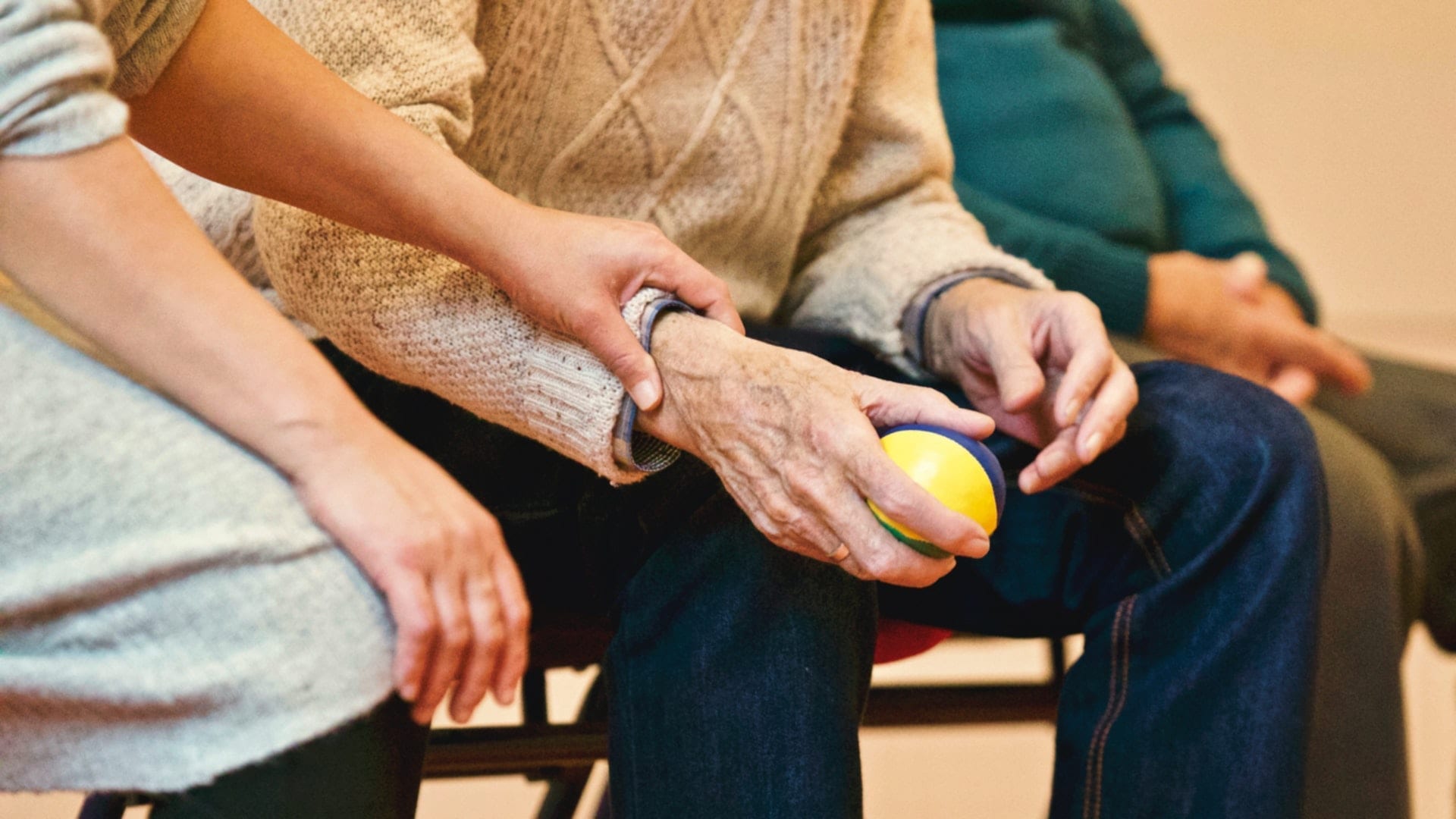The Civil Rights of Institutionalized Persons Act of 1980 (CRIPA) became law more than 40 years ago. It protects people’s civil rights inside state-run institutions. It does not create new rights for people in prison. Rather, it helps the Department of Justice enforce laws that already exist to protect the rights of incarcerated people. It does this by allowing the DOJ to investigate prison conditions.
Under CRIPA, the government cannot help you obtain money damages or other relief. The government also cannot help you with your criminal case. Government officials can, however, investigate problems in prisons. They can also tell state officials what the problems are and how to fix them. If state and federal officials can’t agree on how to fix the problems, the DOJ can then file a lawsuit in court.
This work is important. According to the DOJ’s website, “Tens of thousands of institutionalized persons who were confined in dire, often life-threatening, conditions now receive adequate care and services because of this work.” As of now, the DOJ has open CRIPA cases in more than half of the states in the U.S.
Who does CRIPA protect?
CRIPA protects people in institutions run by state and local officials. There are generally five types of places that this applies to:
- prisons, jails and other detention centers,
- juvenile detention centers,
- nursing homes,
- mental healthcare facilities, and
- institutions for people with developmental disabilities.

What problems does CRIPA focus on?
CRIPA protects the rights of all people in state and local government facilities. However, CRIPA investigations usually focus more on these specific issues when it comes to prisons:
- Neglect and abuse in youth facilities
- Sexual abuse against women prisoners
- Rights of people in the LGBTQ+ community.
- Poor education in youth centers
- Untreated mental health needs of detainees and incarcerated people
- Rights of people with disabilities in institutions
How do you file a CRIPA complaint?
There are a few ways to file a CRIPA complaint. Which one you should use depends on what you have access to.
- By web form. If you have access to the internet, you can use the DOJ website to file your complaint.
- By phone. The DOJ has a national number that you can call to make a complaint. That number is 1-855-856-1247. It is toll-free inside the United States.
- By mail. You can also write your complaint and mail to this address:
U.S. Department of Justice
Civil Rights Division
950 Pennsylvania Avenue, NW
Washington, D.C. 20530-0001
What happens after you file a CRIPA complaint?
After you make a complaint, the DOJ will follow its official process. This process has several steps.
- You will get confirmation. No matter how you file your complaint, you should get a confirmation number from the DOJ. This number will help you stay up to date on your case. If you use the online form, you will get this number right away. Complaints made by phone or mail may take longer to get confirmation.
- The DOJ will decide if the case falls under CRIPA. Your case may not fit the CRIPA criteria. For example, if you are seeking money damages, your case might fall under Federal Tort Claims Act. If that’s the case, the DOJ cannot handle the case. If they decide that it is a CRIPA case, though, it will move to the next step.
- The DOJ will review your complaint. DOJ specialists read each CRIPA complaint. For example, if your complaint is about sexual abuse, someone who works in that field will review it.
- The DOJ decides what to do. After they review your complaint, the DOJ will take one of a few actions. Unfortunately, you may be told that they cannot help you. They could also send you to another agency that can help. However, if they decide your case needs a CRIPA investigation, they will start one. Whatever they decide, the DOJ will let you know.

The Takeaway:
The Civil Rights of Institutionalized Persons Act of 1980 protects people in state-run government institutions. It helps people with all rights violations, but it also has limits. You can file a CRIPA complaint by web form, phone or mail. After you file a complaint, the DOJ will decide what to do. Once they do, they will let you know their decision.






